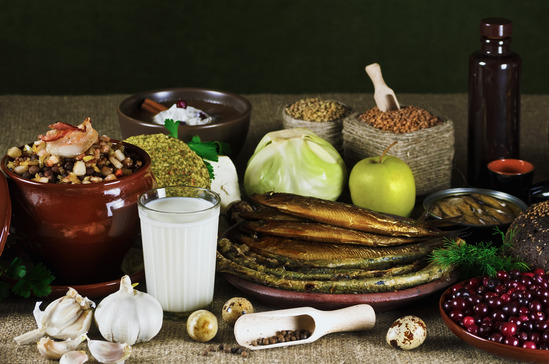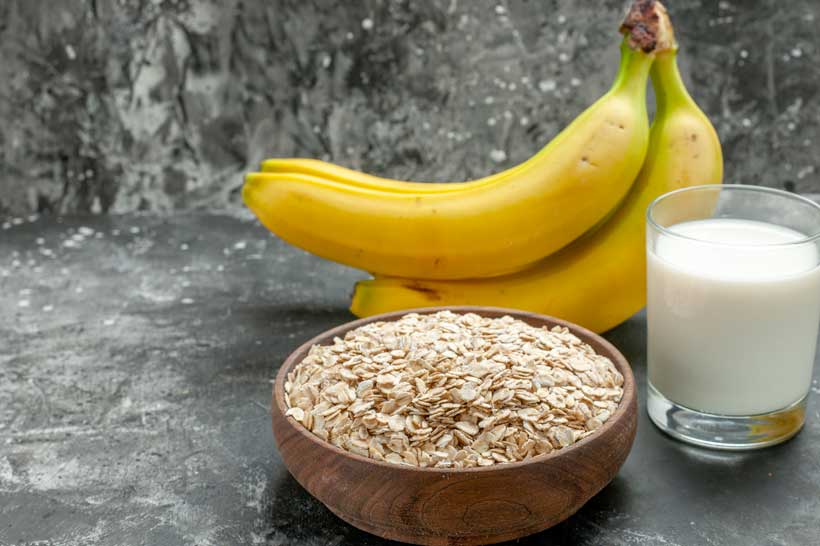According to The American Autoimmune Related Diseases Association, there are two times more Americans living with autoimmune diseases than heart-related diseases. The good news is that, unlike most chronic diseases, there is so much you can do to take back control over your health by incorporating these 5 recommended foods to help autoimmune diseases. Autoimmune diseases result from an unusual immune response of the body against tissue and substances normally existent in the body (autoimmunity). Autoimmune diseases are among the leading causes of suffering across the world.
There are two times more Americans living with autoimmune diseases than heart-related diseases – The American Autoimmune Related Diseases Association
1. Vitamin A
Lack of Vitamin A has been linked to autoimmune diseases such as type-1 diabetes and rheumatoid arthritis. Vitamin A, otherwise known as retinol, is present in animal products such as fish, fermented cod liver oil, shellfish, liver, and butterfat from grass-fed cows. Additionally, plant carotenes which are a precursor of Vitamin A are present in carrots and sweet potatoes. However, the conversion rate of plant carotenes is low as compared to retinol. Research shows that only an insignificant 3% of beta carotene gets converted in a healthy adult.
Related Posts: Top 3 Foods That Lower Blood Pressure
2. Vitamin D
Vitamin D is also known as “Sunshine Vitamin.” They are extremely essential for a variety of immunological and metabolic pathways in the body. Just like Vitamin A, Vitamin D is also present in dairy and animal fats. However, soaking up in the sun is also very helpful—about 30 minutes every day, depending on your complexion. Also, you might want to consider getting tested every 3-6 months to ensure your Vitamin D levels in the body are ideal.
3. Vitamin K2
Vitamin K2 is effective at fighting against autoimmune diseases. Unfortunately, this is one of the most common nutrient deficiencies in our diets. Vitamin K2 is most effective when combined with other fat-soluble Vitamins A and D present in whole food forms like organ meat or grass-fed butter oil also known as ghee. A popular dish that has high levels of Vitamin K2 is the Japanese superfood known as Natto.
Related Posts: 6 Foods that Improve Your Sex Drive
4. Iron
A lack of sufficient amounts of iron in the body makes way for several autoimmune diseases. The explanation behind this is that a large amount of ferritin, stored iron, is absorbed in the intestines.
It’s important to tackle the underlying cause of the iron deficiency. For instance, healing of the microbiome is important for healthier nutrient absorption, particularly iron. Healing the gut allows foods such as spinach, liver, and other iron-rich foods to work against autoimmune diseases.
Related Posts: 5 Foods That Will Give You Healthy Skin
5. Macronutrients
Magnesium, zinc and selenium are perfect examples of macronutrients. Their deficiency is associated with several autoimmune diseases due to chronic inflammation which lowers the absorption of these vital nutrients. Seeds and nuts such as Brazil nuts as well and oysters are a perfect source of these vital health nutrients. Just like other nutrients, macronutrients are essential for the production and conversion of the thyroid hormone and thyroid-related problems such as Hashimoto disease—one of the most common autoimmune conditions.







